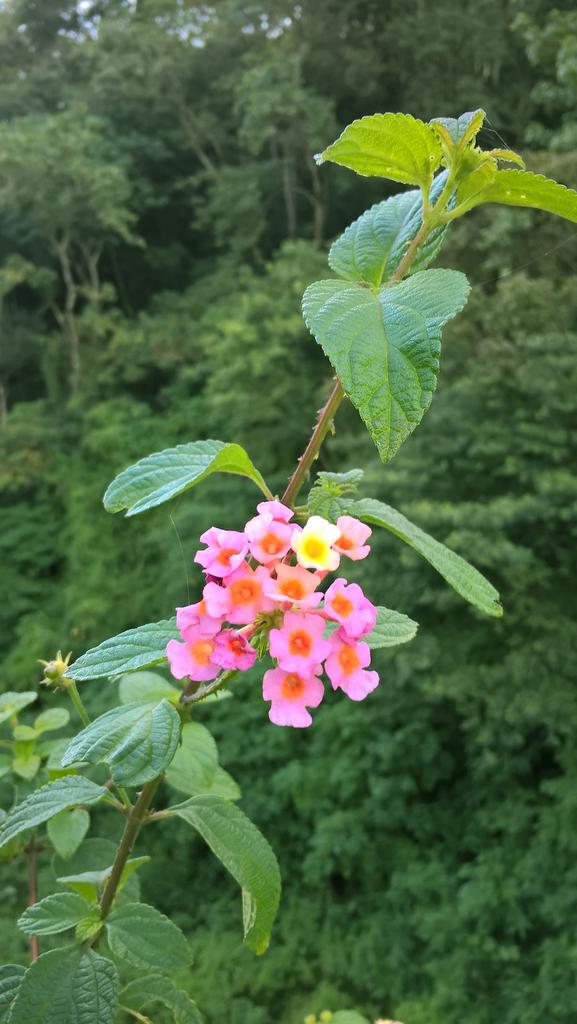The Passion of Martin Odhiambo
Martin Odhiambo has dedicated his life to exploring and sharing the healing properties of plants with fellow Kenyans. Every Thursday, he captivates audiences at the Nairobi National Museum’s amphitheatre, imparting knowledge about traditional medicine. Despite concerns over the efficacy and safety of these treatments, the World Health Organization (WHO) estimates that around 80% of people in African countries rely on traditional remedies when they are ill.
The Role of Traditional Medicine
Traditional healers have long been the custodians of indigenous knowledge about plant-based remedies. Odhiambo emphasizes that this information, passed down through generations, has historically treated common ailments such as colds, skin conditions, and stomach upsets. However, the lack of formal oversight in Kenya means that this valuable knowledge often remains within communities and does not spread further.
Odhiambo works for the Trust for Indigenous Culture and Health (Ticah), which collaborates with the museum to maintain a physic garden containing over 250 species of medicinal plants. This garden serves an educational purpose, rather than a commercial one, showcasing the diverse plant species used in traditional medicine.
Weekly Plant Talks: A Platform for Knowledge Exchange
Odhiambo’s Weekly Plant Talks attract a diverse audience, including herbalists, midwives, psychologists, teachers, students, and business professionals. The sessions begin with a prayer and a recap of the previous week’s lessons before delving into the plants of the day. One such plant, Lantana camara, is known for its ability to treat headaches, ease toothaches, and act as an insect repellent. Participants also discuss the cultural contexts in which these plants are used, such as in traditional rites and food preservation.
Vitalis Ochieng, Ticah’s senior program manager, explains that the goal is to highlight the value of traditional medicine and amplify the voices of those who practice it. However, the lack of government regulation and the presence of substandard “herbal clinics” have tarnished the reputation of traditional medicine in Kenya.
The Need for Regulation
One of the major challenges facing the wider adoption of traditional medicine in Kenya is the absence of government policies to ensure its safe use. Unlike countries such as China, where traditional medicine is accepted and even exported as “alternative medicine,” Kenya has yet to implement similar regulations. Ochieng advocates for the regulation and standardisation of traditional medicines, a process that has been in the works for several years.
Dr Ruth Nyangacha, deputy director of the Centre for Traditional Medicine Research (CTMDR), acknowledges the issues of fraud and contamination in the current market. She emphasises the need for proper regulation to protect patients, especially those with chronic conditions who may turn to traditional remedies due to their accessibility and lower cost.
Personal Stories and the Impact of Traditional Medicine
Businesswoman Joyce Ng’ang’a turned to traditional medicine after conventional treatments failed to alleviate her chronic stomach acid reflux. Despite doctors’ concerns over safety, Ng’ang’a found relief in herbal remedies and hopes for the formalisation of traditional therapies.
Herbalist Patrick Mwathi, who attends the plant talks regularly, shares his decades of knowledge and products with the community. Although his herbal tea and other remedies have passed government laboratory tests for safety, the lengthy and costly process of bringing these products to market remains a barrier.
The Future of Traditional Medicine in Kenya
Dr. Nyangacha argues that Kenya has the potential to integrate traditional medicine into its healthcare system, similar to how the Kenya Medical Research Institute (Kemri) has developed herbal treatments for conditions like genital herpes and hypertension. However, adequate funding and support are crucial to realising this potential.
For Martin Odhiambo, the passion for plants and their healing properties is unwavering. He hopes that by educating others, he can help Kenyans rediscover and trust traditional remedies for common illnesses, just as their ancestors did.
The rich tradition of plant-based medicine in Kenya holds great potential for addressing common health issues. However, the journey towards formal recognition and regulation is fraught with challenges. Through education and advocacy, figures like Martin Odhiambo and organisations like Ticah are paving the way for a future where traditional medicine is respected and integrated into the broader healthcare system.
Further Reading
